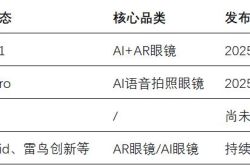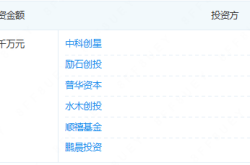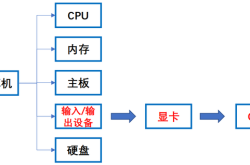Frequent departures of Chinese executives, what's going on with OpenAI
![]() 11/11 2024
11/11 2024
![]() 582
582
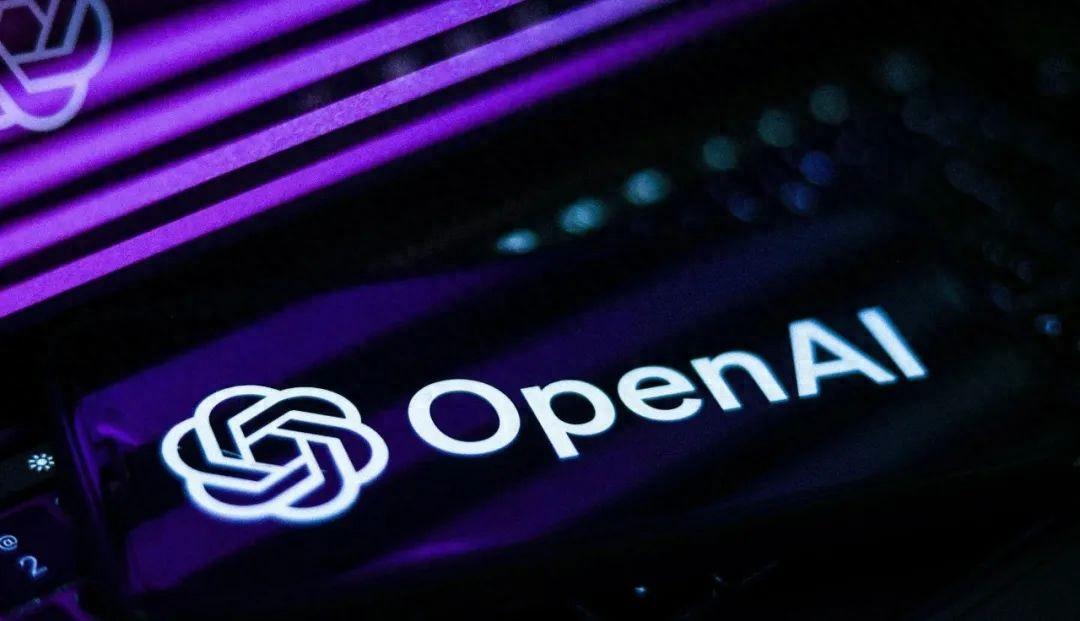
As an industry beacon, OpenAI has been witnessing a steady exodus of personnel recently.
The wave of departures from OpenAI continues.
On November 9th, after only three months as OpenAI's Vice President of Research and Safety, Lilian Weng, head of OpenAI's Safety Systems team, announced on social media platform X that she would be leaving the company where she had worked for nearly seven years.
Not long ago, Weng had returned to China to participate in Bilibili's Super Science Night event as the Vice President of Research (Safety) at OpenAI, sharing insights on cultivating the next generation of intelligent and safe AI technology.
It is reported that Weng is one of the highest-ranking Chinese scientists at OpenAI and the latest case of more than ten mid-to-high-level leaders leaving the company this year.
01
Core talents leaving in succession, frequent changes at OpenAI
"I have made a very difficult decision to leave OpenAI on November 15th, which will be my last day with the company." On November 9th, Lilian Weng, a Chinese scientist at OpenAI and one of the contributors to ChatGPT, shared her resignation letter on social media platform X.
Weng graduated from Peking University and later went to the University of Hong Kong for a short-term exchange before earning her Ph.D. from Indiana University Bloomington. She officially joined OpenAI in 2018, becoming a member of the company's robotics team and developing a "robotic hand that can solve Rubik's Cubes" in two years. Later, she participated in the pre-training, reinforcement learning, alignment, and model security aspects of the GPT-4 project. The most famous Agent formula was also proposed by her, namely: Agent = Large Model + Memory + Active Planning + Tool Use.
Weng is also the highest-ranking Chinese scientist with a mainland background recently promoted amid OpenAI's frequent wave of departures over the past year.
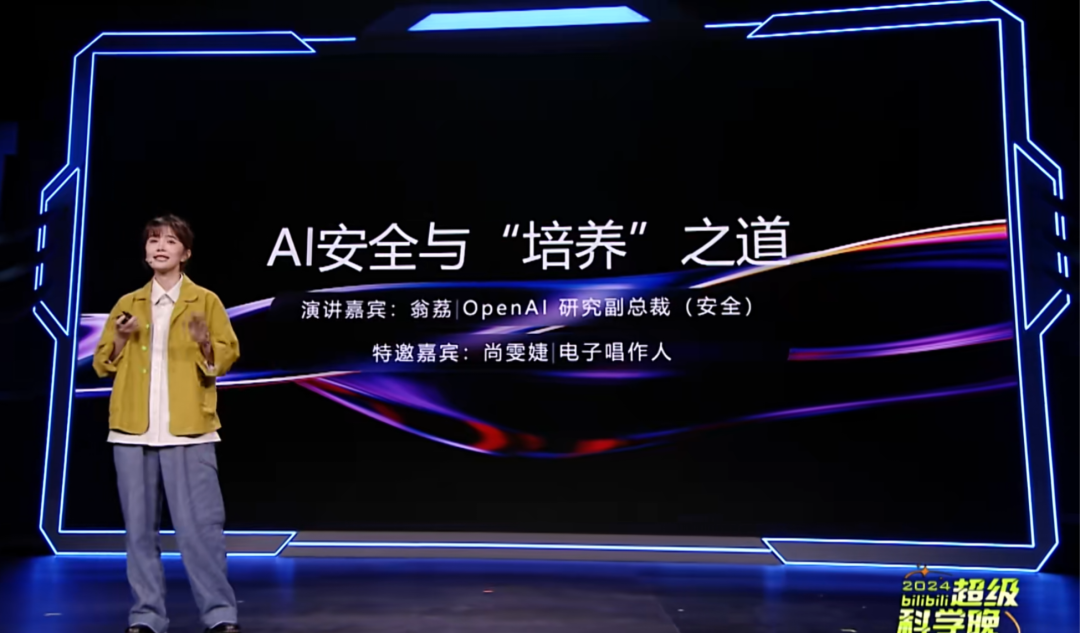
Last year, she was assigned to create and lead the Safety Systems team to address issues such as reducing the misuse of existing models like ChatGPT. In July this year, about two months after the departure of the third safety director, Jan Leike, Weng was officially promoted to the new safety director of OpenAI.
Prior to Weng, another Chinese scientist, Peter Deng, who held an important position at OpenAI, had also left. He officially joined OpenAI in June 2023 as the Vice President of Consumer Products for ChatGPT. Deng was previously a product manager at Facebook and one of Zuckerberg's most trusted and valued executives. An OpenAI spokesperson confirmed that Peter Deng left the company several months ago.
In fact, Chinese scientists are becoming an important force in OpenAI's development. When ChatGPT made its stunning debut in November 2022, 10.34% of the 87-person creative team were Chinese, amounting to 9 individuals, five of whom were undergraduates at mainland Chinese universities.
Behind many of the subsequent products, there were also a large number of Chinese faces. Over 30 Chinese individuals contributed to GPT-4, five out of the nine leaders of the GPT-4o mini team were Chinese, four out of the 13 R&D team members of Sora were Chinese, and many Chinese scientists' names also appeared in the newly released OpenAI o1 project.
For example, Mark Chen, a newly promoted Chinese executive, was promoted to Senior Vice President of Research amid the successive departures of the Chief Technology Officer, Chief Research Officer, and Vice President of Research at OpenAI. Mark Chen joined OpenAI in 2018 as the Vice President of Research and was core in the development of models such as DALLE, GPT-4, and o1.
However, with Trump's return to power, the situation may further deteriorate. Trump has historically had an unfriendly attitude towards Chinese scientists with a Chinese background, which may accelerate the departure of some in the future.
Besides the departure of Chinese scientists, it is an undeniable fact that while many newcomers are pouring in, a large number of early OpenAI employees are also accelerating their departures.
Over the past years, OpenAI has also experienced several rounds of personnel turbulence. For example, data shows that due to management chaos and funding shortages, OpenAI once lost up to 20 employees in 2017, accounting for 44% of its workforce at the beginning of the year. From 2019 to 2020, multiple teams also left OpenAI en masse or were disbanded.
Many of these individuals chose to join companies like Google and Tesla, while others left to start their own businesses. Among them are well-known companies like Anthropic and the founding team of Covariant AI, which consists of three Chinese scientists.
However, these events generally occurred before ChatGPT's popularity. It was not until last year's power struggle on the OpenAI board that the company began another round of massive talent loss. Especially this year, more people have left in succession.
This includes at least a dozen mid-to-high-level leaders, such as the Chief Scientist, Chief Technology Officer, Chief Research Officer, Head of the Sora video generation model, and Head of the GPT-4o multimodal model, as well as many founding members of OpenAI.
It is reported that out of the 13 individuals who helped found OpenAI in 2015, only three remain at the company: Chief Executive Officer Sam Altman, Head of the OpenAI Language and Code Generation Team Wojciech Zaremba, and Greg Brockman, President and Co-founder of OpenAI, who is still on extended leave.
02
OpenAI is not having an easy time like before
Behind the frequent departures of many core technical staff and executives, OpenAI is faring much worse than it did last year.
On the one hand, conflicts over AI safety concepts persist both within and outside OpenAI.

